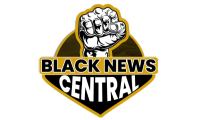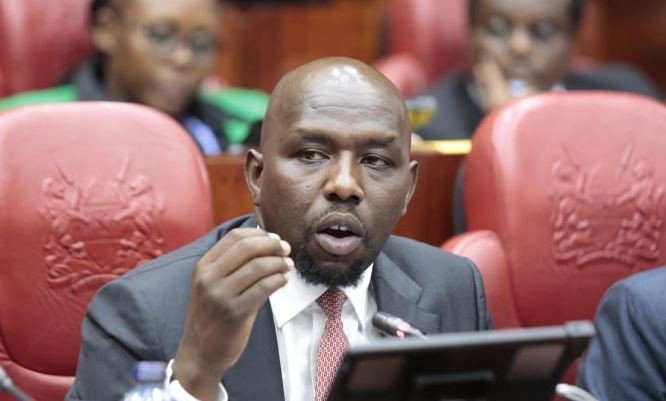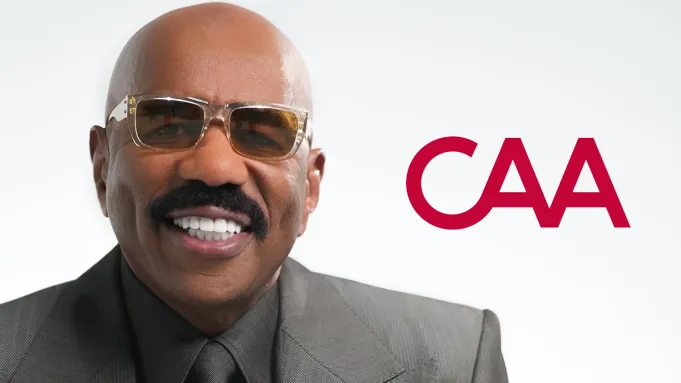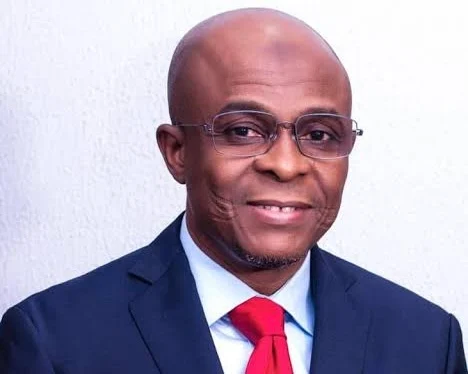Labour Day: Advocating for Fair Wages and Dignified Work in Nigeria

As the world commemorates Labour Day on May 1, the spotlight falls on the resilience and struggles of workers globally, with a particular focus on Nigeria’s labor force. The day serves as a poignant reminder of the indispensable contributions of workers to society, underscoring the imperative of upholding their rights, ensuring decent working conditions, and advocating for fair wages.
Origins and Significance of Labour Day
Labour Day traces its roots back to the late 19th century when labor movements championed the cause of improved working conditions, including the establishment of an eight-hour workday. In Nigeria, the first May Day holiday was declared by the People Redemption Party (PRP) Government of Kano State in 1980, subsequently becoming a national holiday in 1981. Since then, it has served as a platform for workers and labor unions to assert their rights and demand better treatment in the workplace.
Labour Unions: Advocates for Workers’ Rights
The Nigerian Labour Congress (NLC) and the Trade Union Congress (TUC) stand as the vanguards of workers’ interests, representing millions of workers across various sectors. These unions play a crucial role in negotiating with government and employers to secure fair wages, improved working conditions, and social justice for workers. However, critics have raised concerns about the efficacy and integrity of labor leaders, highlighting instances of compromised representation and self-enrichment at the expense of workers’ welfare.
The Struggle for Fair Wages
One of the most pressing issues facing workers in Nigeria is the quest for fair wages. Despite periodic adjustments, the current minimum wage falls short of providing a living wage, exacerbating the plight of workers grappling with economic hardships, inflation, and inadequate purchasing power. The recent impasse in negotiations between labor unions and the government underscores the urgency of addressing this critical issue.
Towards a Living Wage
As Nigeria grapples with economic challenges and soaring inflation rates, the need for a living wage has never been more pressing. Workers across the country are struggling to make ends meet, with the current minimum wage failing to provide for their basic needs. The proposed increase in the minimum wage offers a glimmer of hope, but concerted efforts are needed to ensure its implementation and effectiveness in alleviating workers’ plight.
A Call to Action
This Labour Day serves as a clarion call for government, the private sector, and other employers of labor to prioritize the welfare of workers and institute a living wage that reflects the economic realities of the country. Fair wages are not just a matter of economic policy but a fundamental human right essential for promoting social harmony and individual well-being. As Nigeria navigates its way towards economic recovery, ensuring dignified work and fair compensation for workers must remain at the forefront of national priorities.
On this Labour Day, let us reaffirm our commitment to the resilience and dignity of workers, advocating for a future where every individual can enjoy the fruits of their labor and live with dignity and prosperity.












